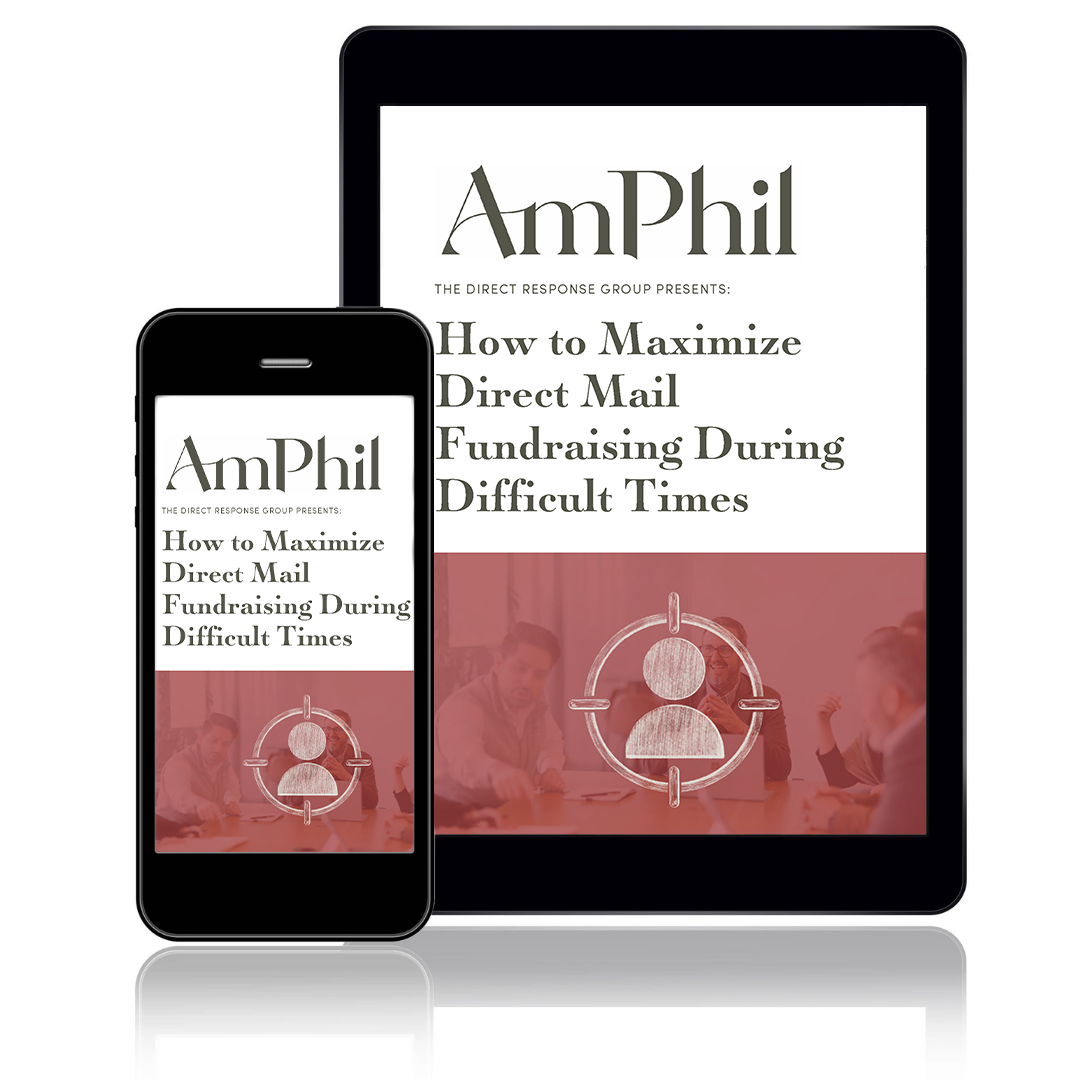
Every year, around the same time, I get excited every time I head to my mailbox. There’s about a two-week period in which I could receive some very important mail: my birthday cards, of course! I check daily to see if some aunt, uncle, grandparent, or friend has remembered that I was born and sent me a card with a nice note about how much they love me, and maybe a bit of cash.
When I was younger, I liked two types of cards best: the funny cards, or the cards filled with greenbacks. Now, I’m a bit more sentimental. A card doesn’t need to be funny or full of green for me to like it (though it certainly doesn’t hurt the chances). It usually just needs a short, personal note.
If you’re fundraising, I know you hope that all of your donors will be just as excited to receive an appeal letter as most people are to receive a birthday card. Unfortunately, donors aren’t usually hovering around their mailboxes for two weeks wondering when your appeal is going to show up. However, with a little personalization, you can make your donors more excited and engaged, helping to strengthen your relationship and heightening your chances of receiving a gift.
1. "What’s in a Name?” (Answer: Everything!)
Doesn’t it feel more special to see a letter from someone who knows you, rather than an acquaintance who looks at you and can’t quite remember your name? The same goes for direct mail. When you send someone an appeal, it should always start with a personalized salutation. Whether you decide to use a formal or informal salutation depends on your organization’s style. Make sure the donor knows this mail was specifically intended for them by using their name in your greeting.
2. Speak From the Heart
Maybe you don’t have the opportunity to meet with most of your donors in person, but they should feel like they are a part of your team based on your writing style in your appeals. Don’t come off as a fundraising robot! Avoid clichés by saying things in your own words, making sure to put your unique personality into your writing.
3. Your Donors are People, Too
Let the donor know that you appreciate them and their gifts! They aren’t obligated to give, so be grateful. Your donors give to your organization for a reason, and they want to know what their gift is helping you accomplish. To help them know their importance, make sure to use the second person in your appeals. Acknowledgments like “Thanks to your generosity . . .” and “Without your help, we wouldn’t be able to . . .” let the reader know that their donation is valued, not just another drop in the bucket.
4. Look at Their Previous Gifts
If you want to make the strongest pitch possible, base your pitch amount on the individual’s past giving. When making the ask, there are a few ways to do this. You can mention what they gave last year (“Thanks to your gift of $50 last year . . .”) and you can use their giving history to suggest some gifts (“You generously gave $50 last year, would you be able to support our mission by gifting $50, $75, or even $100 this year?”) When you personalize the options, make sure that the donor reply insert has matching options for them to check off.
5. Add a Personal Touch
Birthday cards are great, but the generic messaging on the inside usually falls short—unless you leave a short note, or at least your name, for the recipient to read. Just like with a birthday card, your direct mail should have a personal touch. Writing a short, personal note at the end of your letter, hand-written addresses, or even a unique stamp (to show it wasn’t just pushed through a mail machine) all will help better the chance that you leave an impression on your donors.


